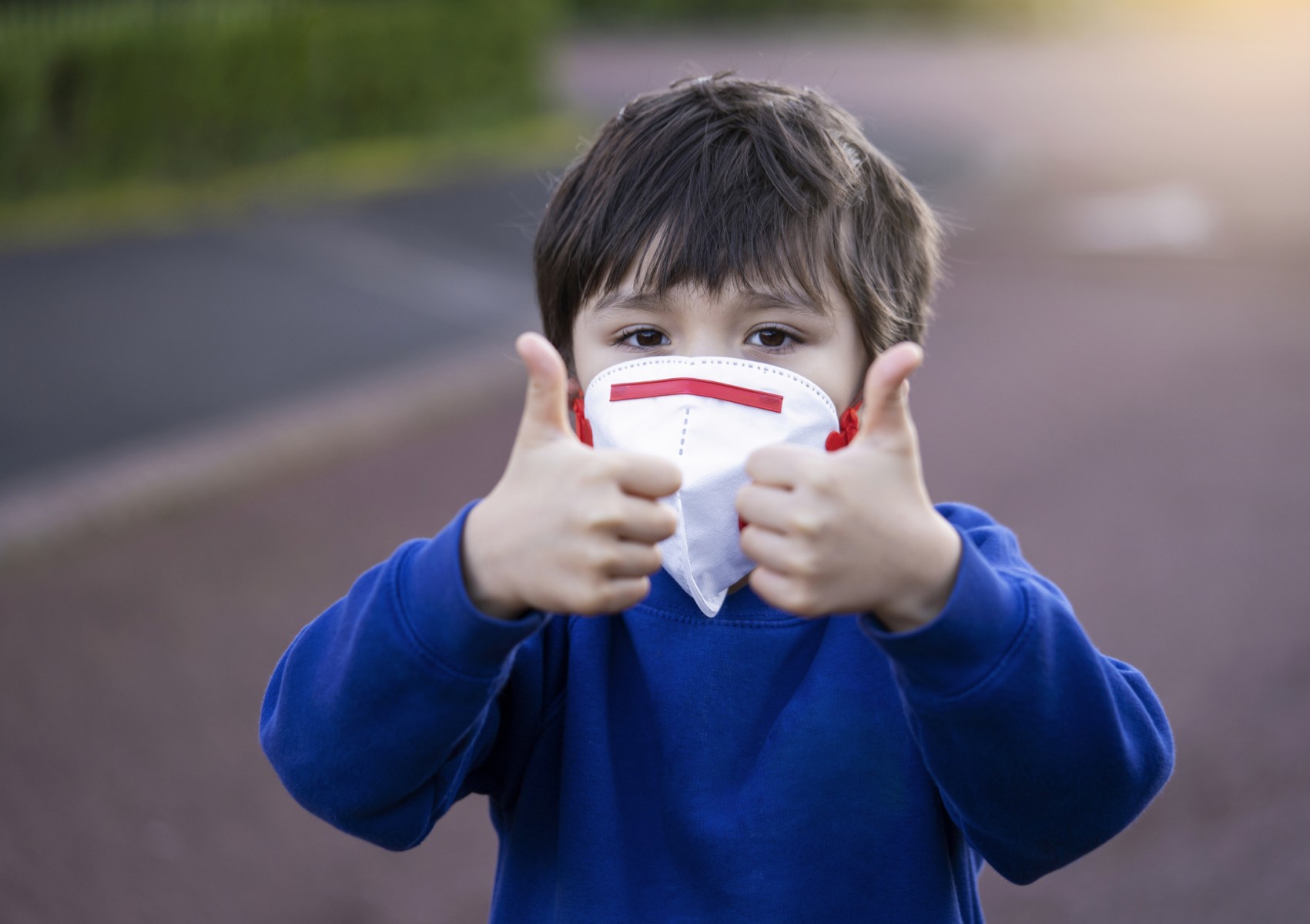
The results of the BMC’s first paediatric sero-survey show over 50% of the children surveyed have antibodies to the Covid-causing SARS-CoV-2, allaying fears that the probable third wave would disproportionately affect children.
BMC commissioner I S Chahal called the results, released on Monday, as “encouraging.”
The presence of antibodies in blood reveals a past infection and, more importantly, indicates the person has immunity against the same infection for some period of time.
The paediatric survey was carried out by BMC-run Nair Hospital doctors, with 2,176 samples collected from the 24 civic wards in the city. To get a picture from across socio-economic levels, 1,283 samples were taken from BMC-run Aapli Chikitsa Network and Nair Hospital that offer free tests, while 893 samples were taken from two private labs.
The survey began on April 1, when the second Covid wave was peaking, and continued till June 15, said Nair Hospital’s head of microbiology Dr Jayanthi Shastri. “There was fear that children would be most vulnerable during the third wave as they would be the only section not vaccinated against Covid-19, prompting us to carry out a survey that would provide answers,” she said.
The survey results showed an overall sero-positivity of 51.18% among children. More children from the economically weaker section (54.36%) had antibodies as compared to 47.03% from the relatively affluent sector.
Sero-positivity was highest in the 10-14 age-group (53.43%) and lowest in the 1-to-4 age-group (51.04%). In the 10-14 age-group, more children who got their tests done in the public sector (58.3%) had antibodies than those in the private sector (46.8%). Incidentally, a recent sero-survey in Delhi too showed 59.3% children had previous exposure to the virus.
When the pandemic began in late 2019, it was believed that children were immune to the SARS-CoV-2 virus. However, it was later established that children get as infected by the virus as adults do, but they are largely asymptomatic.
Full report on www.toi.in